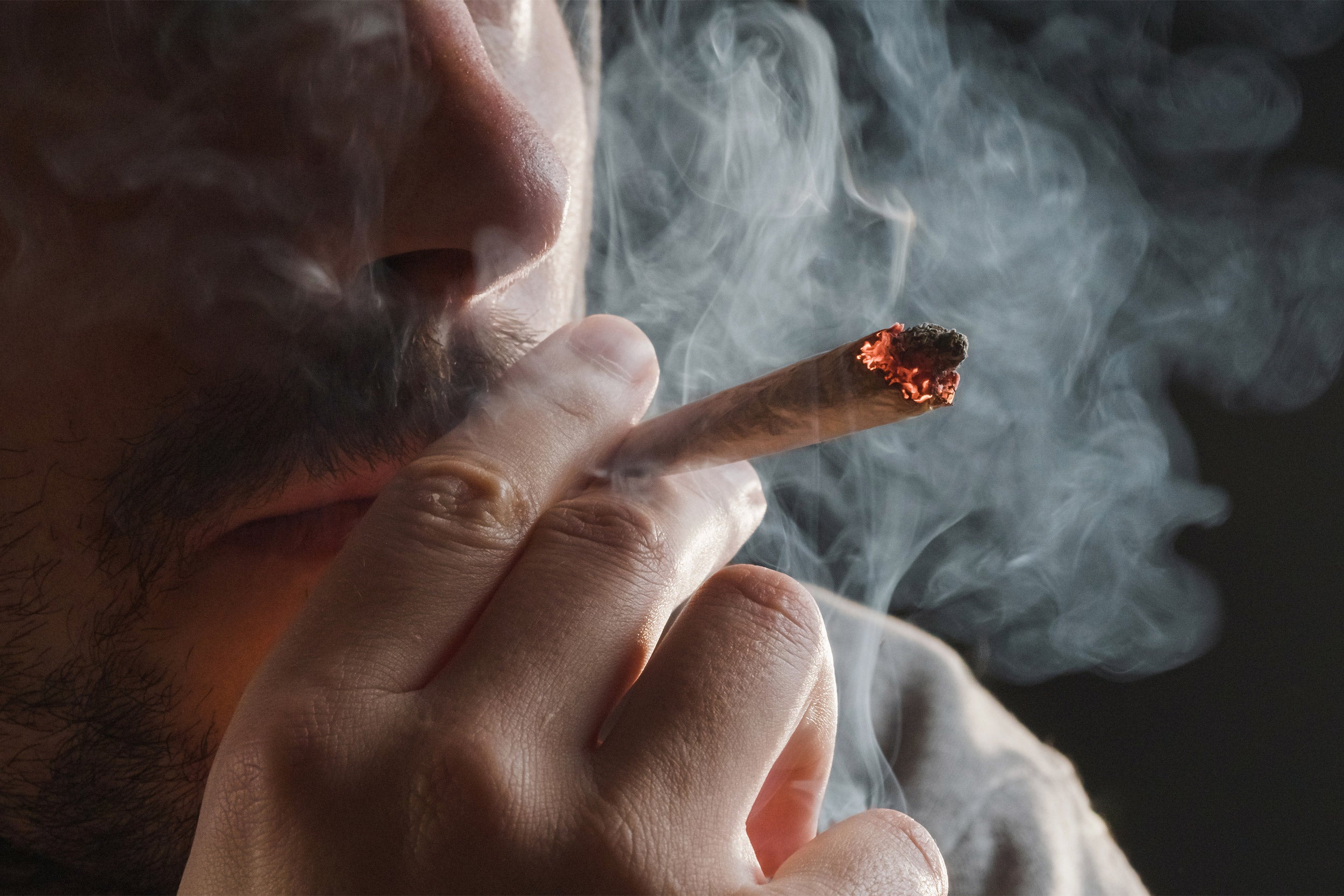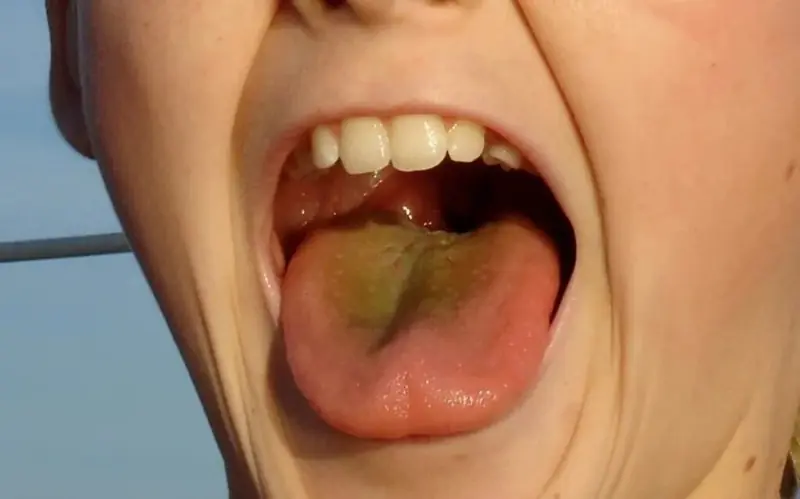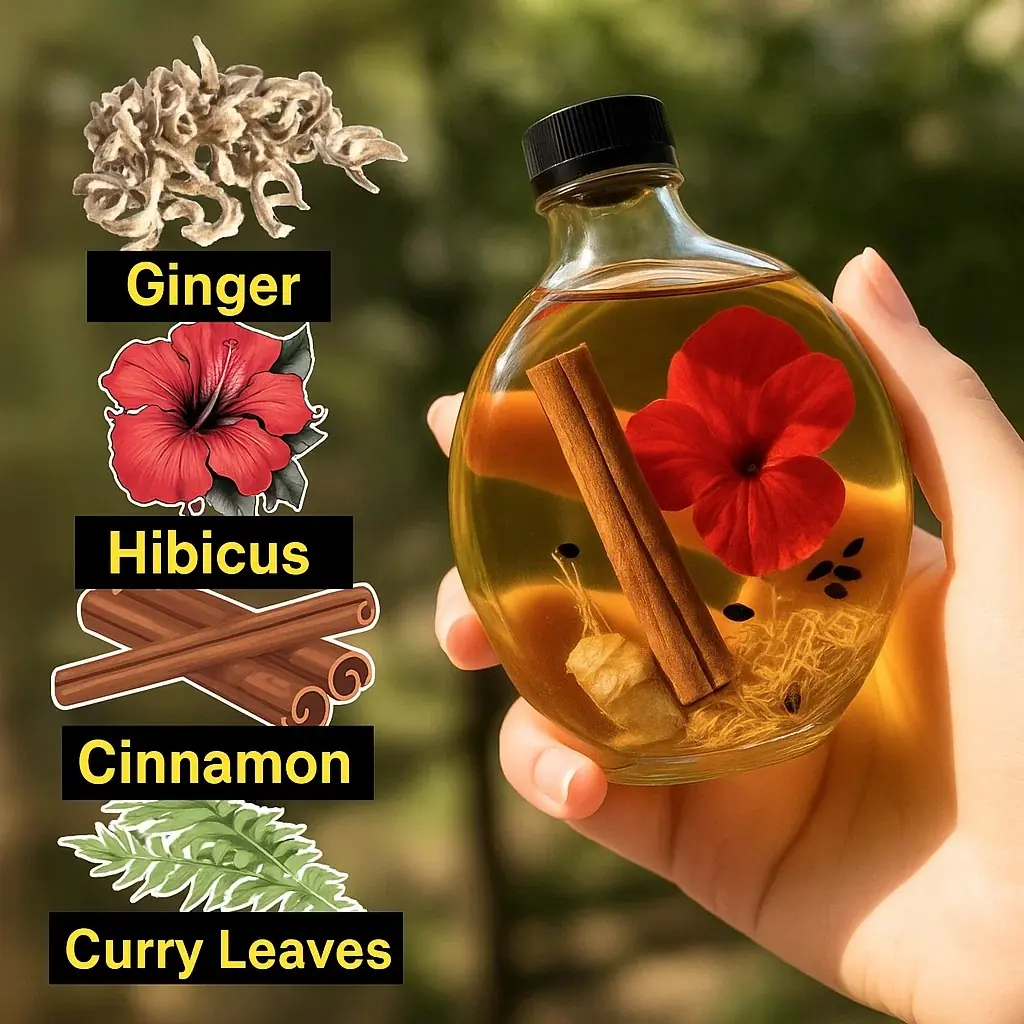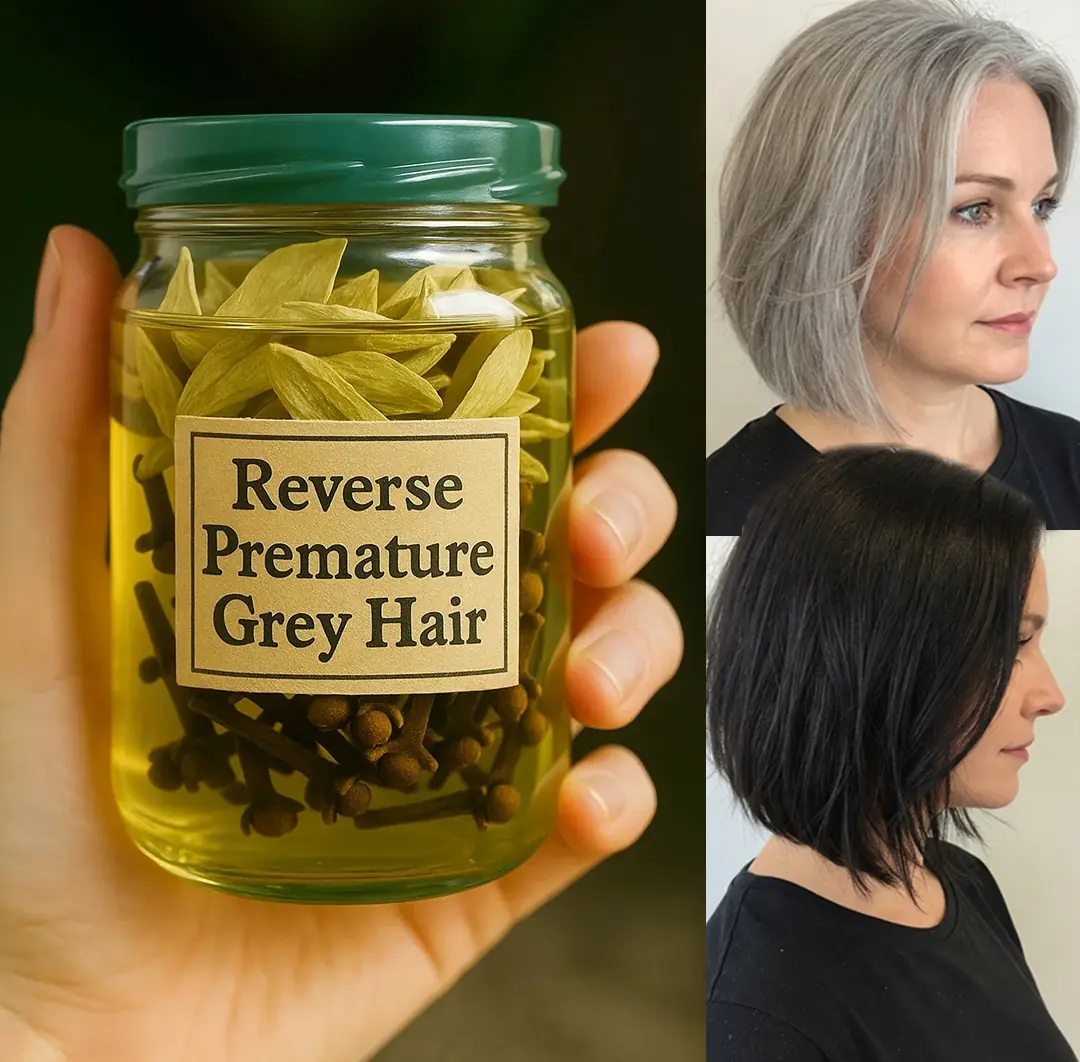
Still Smoking Weed at 30? What Science Says About Your Future
Still Smoking Weed at 30? What Science Says About Your Future
As marijuana gains wider acceptance for medical, recreational, and stress-relief purposes, a growing body of research suggests that adults aged 30 and above might want to take a closer look at their cannabis habits. If you're still smoking weed in your 30s, here's what the latest science indicates about its potential long-term impact on your life.

Marijuana Use After 30: A Potential Link to "Success"
Recent studies out of Australia are raising questions about the long-term effects of cannabis use for older adults, hinting at potential drawbacks on various life outcomes.
Research from The University of Queensland examined the life trajectories of marijuana users, revealing that adults who continued the habit after the age of 30 tended to show lower "success" rates across several measures. These criteria included:
-
Education levels
-
Income
-
Home ownership
-
Relationship status
-
Reported happiness
Interestingly, the study suggested these negative impacts primarily affected those who maintained cannabis use into their 30s, implying that younger, more experimental use might not carry the same consequences. However, the researchers themselves urge caution against overgeneralizing these findings.
Understanding the Study's Limitations
Before you consider swearing off marijuana entirely, it's crucial to understand the caveats of this research. While it offers intriguing insights, several limitations might affect its broader applicability:
-
Narrow Demographics: The study's data was based on a specific Australian population consisting entirely of mothers. Furthermore, some of the information dates back to 1981, which may not accurately reflect modern societal trends or the diverse global population today.
-
Subjective "Success" Markers: The study uses criteria like home ownership and relationship status as indicators of success. These are highly subjective and can be heavily influenced by cultural and geographical factors. For example, many successful individuals today choose to rent or embrace a digital nomad lifestyle, and being single doesn't inherently signify failure.
-
Overlap with Other Substances: The research did not fully account for the potential influence of polydrug use. The researchers admitted they lacked sufficient data on other substances, such as synthetic drugs or opioids, which might also contribute to the negative outcomes observed in some participants.

What This Means for Your Habits
Ultimately, this research underscores the importance of moderation and self-awareness when it comes to cannabis use. While experimenting with marijuana in your youth may not necessarily derail your future, the study suggests that consistent or heavy use in adulthood might have unintended consequences on various aspects of your life.
Tips for Responsible Use:
-
Monitor your motivation levels and work performance.
-
Track your spending habits to ensure cannabis isn't negatively impacting your finances.
-
Ensure marijuana isn't interfering with your personal relationships or responsibilities.
If you notice that your cannabis use is starting to affect your life negatively, it might be a good time to consider cutting back or exploring options to quit altogether.
News in the same category


The Progression of Cancer: A Striking Simulation Reveals How the Disease Kills

The Silent Sign: 38-Year-Old Dad Reveals His Only Bowel Cancer Symptom Was NOT Blood

6 Early Cancer Warning Signs in Children: Parents Need to Know Early to Save Their Child

5 Signs in Your Legs Often Overlooked That Could Indicate Serious Health Issues – See a Doctor Immediately

3 Morning Symptoms of People with Undiagnosed Cancer: Especially Number 1

When Nighttime Leg Cramps Become a Concern

3 Mole Locations That Could Lead to Skin Cancer: A Warning Not to Ignore

Hot Weather, But Still Gaining Weight? Doctors Warn About 3 Commonly Overlooked Causes

Liver Cancer Is Skyrocketing: Doctors Warn Against Eating These 4 Things Daily — The Wise Have Already Stopped

15 Years Cancer-Free: A Japanese Doctor Shares 5 Simple Secrets to Keep Malignant Cells from Returning

Warning Signs in Bowel Movements Indicating Possible Colorectal Cancer — When to See a Doctor Immediately

Signs of Stroke Everyone Should Know

5-Year-Old Girl Dies from Late-Stage Cancer — A Wake-Up Call for All Parents

If Your Tongue Is Yellow, Be Cautious of These 5 Diseases

The Main Cause of Blood Clots Discovered – 10 Times Worse Than Fat!

The Leading Cause of Liver Cancer Discovered – 10 Times Deadlier Than Alcohol and Tobacco: The Culprit is 'It

Unplug to Rewire: Just 72 Hours Without a Smartphone Can Change Your Brain

CRISPR Breakthrough: Scientists Successfully Remove Extra Chromosome in Down Syndrome Cells
News Post

$400m Virginia Bridge Sparks Viral Confusion After Appearing To Vanish Into Water

Here’s What It Really Means When A Man Turns His Back In Bed

Scientists Warn of a Silent Epidemic: Men’s Testosterone Levels Are Plummeting — And Here’s Why

If You See A Man With One Painted Fingernail, Here’s What It Means

This house looked like it was about to fall into itself until one family stepped in

New Study Finds the Human Brain Processes Reality in Up to 11 Dimensions

Scientists just completed the first brain scan study of ChatGPT users. The results are terrifying.

It’s Official! Mexico City Has Banned Bullfighting, Ending A 500-Year-Old Tradition

Deadly Bat Virus Claims Teen’s Life In Kerala—Officials Confirm Second Infection

Natural Remedies for Dark Circles: How Potato Juice Can Brighten and Rejuvenate Your Under-Eyes
Consistent use of these DIY remedies, along with proper hydration, a healthy diet, and sun protection, will help you achieve brighter, more youthful-looking eyes.

Scientists Warn Of “Doomsday Tsunami” That Could Obliterate U.S. Coastlines

Add this in warm water to make powerful detox drink for weight loss: Flatten your tummy and boost your metabolism
With its blend of powerful ingredients like black seeds, cumin, fennel, and apple cider vinegar, this drink provides a natural, affordable alternative to pricey supplements and weight loss products.

The Progression of Cancer: A Striking Simulation Reveals How the Disease Kills

Grandmother’s Secret Hair Growth Recipe: Unlock Extreme Hair Growth Naturally with Herbal Infused Oils
y using ingredients like coconut oil, ginger, curry leaves, fenugreek, and black seeds, you can support your scalp’s health, stimulate hair follicles, and achieve thicker, longer hair naturally.

The Silent Sign: 38-Year-Old Dad Reveals His Only Bowel Cancer Symptom Was NOT Blood

Achieve Gorgeous, Thick Lashes with This DIY Lash Booster Serum In Very Short Time
With regular use of these DIY lash serums, combined with healthy lifestyle habits, you can enjoy fuller, longer lashes naturally.

DIY Rice Almond Anti-Aging Gel: Achieve Glowing, Youthful Skin Naturally Without Chemicals
By harnessing the power of rice, almonds, and other skin-loving ingredients, this gel offers a gentle solution to combat fine lines, dark spots, and wrinkles

Traditional Ridge Gourd Remedy for Reversing Grey Hair: A Step-by-Step Guide to Restore Your Natural Hair Color
Regular use of this oil can help reduce the appearance of grey hair, nourish the scalp, and encourage new growth.
